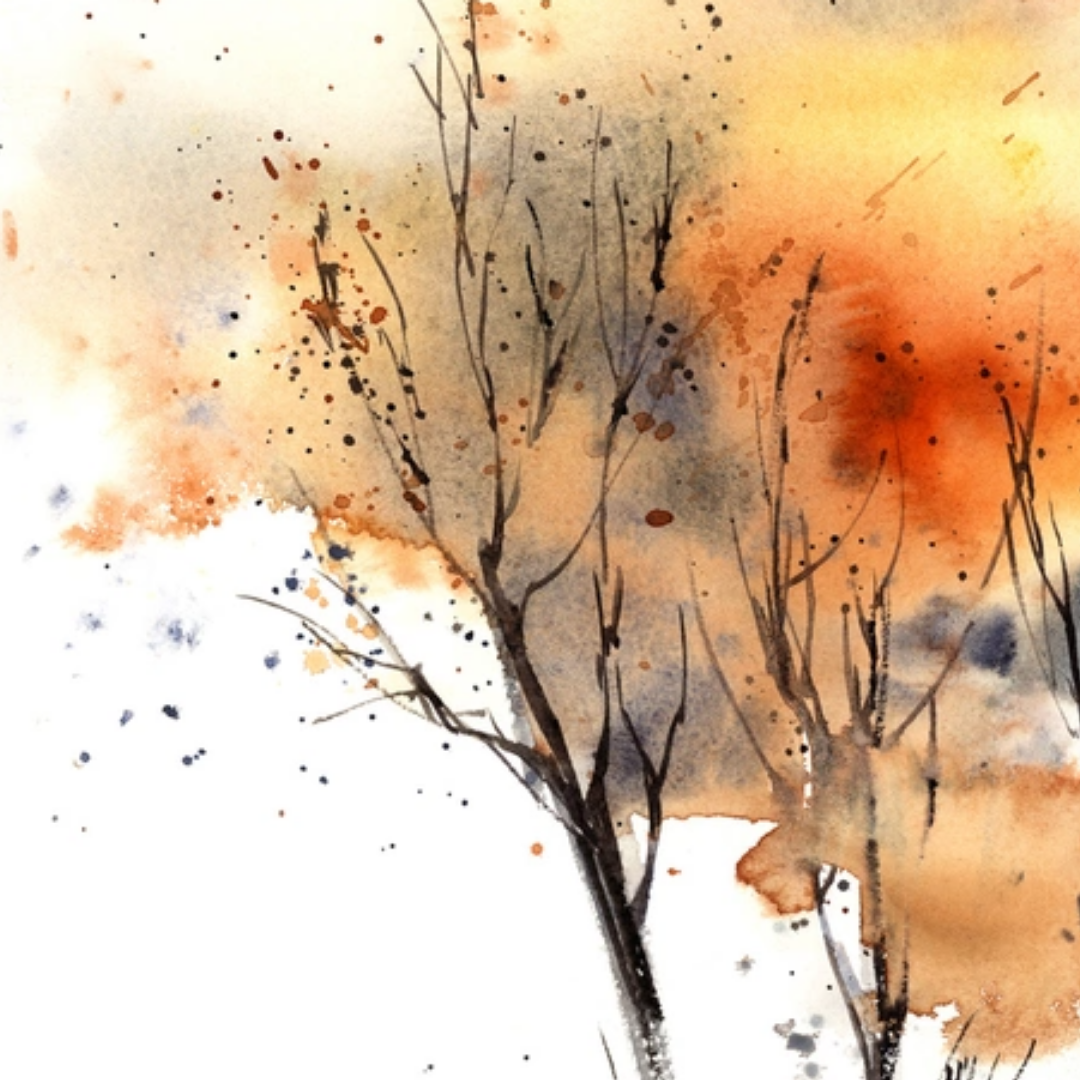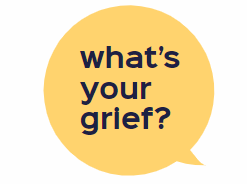Supporting Shattered Worlds
Presented by Litsa Williams and Eleanor Haley,
What’sYourGrief.com

Program for Professionals:
Understanding Traumatic Loss
A virtual program for caregiving professionals including Healthcare workers, Victim Advocates, Therapists, Counselors, Funeral Directors, Hospice Workers
In the relationship between traumatic loss, grief, and PTS, there is a lot of confusion. This training will provide professionals with a framework for understanding the relationship between acute stress, trauma, and grief, as well as identifying the impact of trauma responses on bereavement.
Building on the shattered assumptions theory of trauma and post-traumatic growth research, professionals will learn practical approaches to support individuals who have experienced traumatic losses.
The session will specifically consider the potential impact on a family’s grief experience when death was a result of COVID or occurred during COVID.
Learning Objectives
• Describe common and unique patterns of stress and trauma response in both anticipated and unanticipated deaths.
• Identify intersections of and disjunctions between grief responses and trauma responses, including the impact of trauma responses on the bereavement process.
• Explore the effects of stigma and self-stigma on the grief process and as barriers to healing.
• Review the existing research and clinical observations of individuals who lost loved ones to, and during, COVID-19.
• Provide evidence-informed practical approaches to supporting the positive personal change following traumatic loss, including changes in role and identity, new ways of relating, existential or spiritual beliefs, and the purpose and meaning making.
Tuesday May 10th, 2022
8:00-10:00 Pacific / 9:00-11:00 Mountain / 10:00-12:00 Central / 11:00-1:00 Eastern (2 Hour Program)
Suggested donation: $15
Program for the Community:
Some Bonds Cannot be Broken:
Fostering Continued Connections with Loved Ones Who Have Died
A virtual program for anyone who has experienced a loss or is supporting a grieving loved one through loss.
Creating ongoing and continued connections with loved ones who have died is a normal and natural part of grief. These connections, known as continued bonds, can bring great comfort as you learn to move forward in the world without your loved one – holding onto items, daily habits, private rituals, conversations with your loved one, visiting places where you feel close to them, thinking about them – these are all ways people stay connected to those who have died. Unfortunately, certain deaths pose uniquely difficult challenges to coping with grief and creating continuing bonds. Sudden losses, deaths that are stigmatized, and deaths that have occurred during COVID-19 are just a handful of these potentially traumatic losses. Adapting in these circumstances can be particularly difficult, leaving some people with especially intense, pervasive, overwhelming grief.
In this session, participants will learn more about the impact of these potentially traumatic losses on grief, consider common barriers to coping and adapting and how to address them, reflect on the role continuing bonds plays in grief and grief healing, and be introduced to creative and practical tools for fostering a continued bond with loved ones who have died.
Tuesday May 10th, 2022
5:00 Pacific / 6:00 Mountain / 7:00 Central / 8:00 Eastern (1.5 Hour Program)
Suggested donation: $15

About the Presenters:
Eleanor Haley, M.S.
Program Director and Co-Founder
[email protected]
My grandmother’s name was Eleanor. My mother was pregnant with me when my grandmother died of breast cancer at the age of 60. When I was born a month later I was named “Eleanor” after her. Although I never had a chance to meet my grandmother, I am told that she was gracious and kind. My mother spoke about her often and told me that she thought of her every day. My mother’s name was Evelyn. I was pregnant with my first child when she died of pancreatic cancer at the age of 57. It only follows that when I gave birth to a baby girl months later, I named her “Evelyn” after my mother. My mother was compassionate, warm, and nurturing. My daughter never had the chance to meet her, but I talk about her all the time. I think of my mother every day, cry about her once in a while, and dream of her less than I would like. When I started working with grieving families many years ago, I wasn’t sure how the recent death of my mother would shape my ability to help others facing similar circumstances. As is typical with loss, the death of my mother had a profound effect on me, in good ways and bad. I soon discovered that losing her had given me the perspective and strength I needed to help others walking through a darkness that had become quite familiar to me. And thankfully, whatever help I gave to others I have gotten back in kind, for it is only because of the wisdom of other grievers that I have been able to find peace and acceptance for my own loss. My name is Eleanor. I live in Maryland and I received my Masters in Counseling Psychology from Loyola College in Maryland.
Litsa Williams, MA, LCSW-C
Program Director and Co-Founder
[email protected]
My name is Litsa. Litsa Elizabeth Williams. Litsa from my grandmother: my mother’s mother. This is the name for the crazy Greek in me; the loud, passionate, emotional me. The me who hugs people I just met and believes that food is love. The me who was taught that weddings, baptisms, and funerals should include every person you’ve ever met and that 15 minutes late is on time. Elizabeth from my grandmother: my father’s mother. This is the name for the rest of me. The me who was taught that some emotions should be quiet and all problems should be private. Who was taught that there are clear lines between acquaintances, friends, and family and that weddings, baptisms, and funerals are small, intimate events. The me who knows that you should always arrive 5 minutes early.
Williams from my father, who died before my 19th birthday; before I had declared a major in college, bought my first car, first house, or met the person I thought I would spend the rest of my life with. This is the name for the me that was raised on sarcasm, math problems, and college basketball. The me who knows that Mick Jagger was right: you can’t always get what you want. I have taken a winding road, from Britain and a Master’s in Philosophy, to Baltimore and a Master’s in Social Work, to working with homeless adults, troubled kids, and grieving families. It is those individuals who have taught more than I could ever have hoped to learn in my 20 years of schooling. Though I never imagined myself here I am confident it is where I am supposed to be. I live alone in a cozy, 9 ft wide Baltimore row house. And I believe that 5 minutes late is absolutely on time.
For more information about What’s Your Grief, visit their website: whatsyourgrief.com
